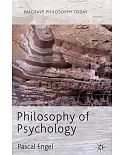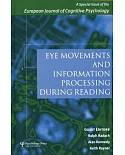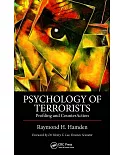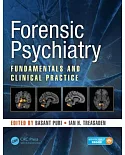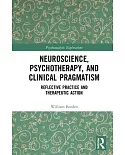This groundbreaking volume applies the concepts of systemic family therapy to the emotional life of congregations and their leaders. Challenging many of the conventions of pastoral
counseling, Edwin H. Friedman shows how family theory points to a less stressful approach to the full range of the clergy's responsibilities. He also illuminates how congregational dynamics
can be a useful model for the study of any family enmeshed in larger systems, and how such systems can themselves be viewed as "families."
Friedman compares the emotional processes at work within individual families to those in church and synagogue, suggesting that clergy can often do more to help families by the way they lead
their congregations than they can through specific counseling interventions. Specific topics examined in depth include leadership through self-differentiation, managing separations in
families and in congregations, and the influence of previous generations upon life cycle events. The power of the family model is clearly demonstrated in numerous examples drawn from
Friedman's own extensive experience as a rabbi and practicing family therapist and from many other rabbis, priests, nuns, and ministers with whom he worked.
Both clergy and lay leaders will find that this book directly addresses the dilemmas and crises they encounter daily, while family therapists and other helping professionals may wish to
recommend it to students and clients as a lucid introduction to family processes.





